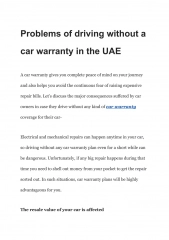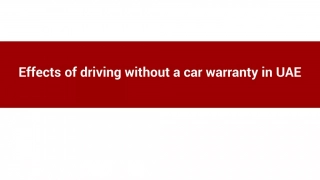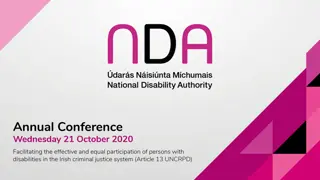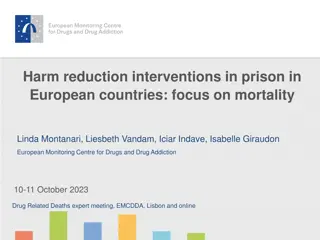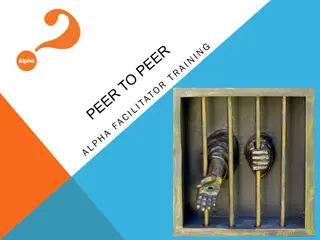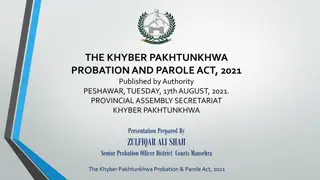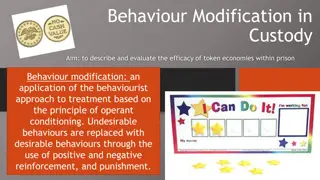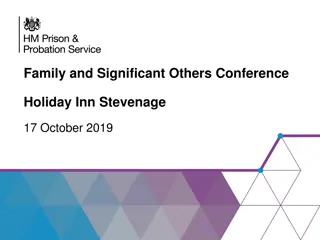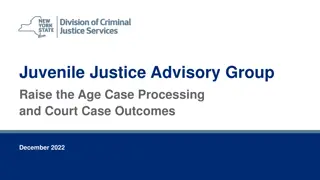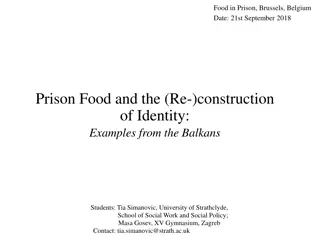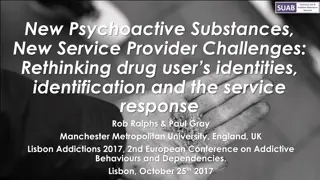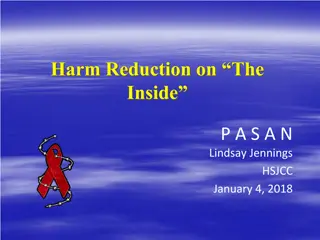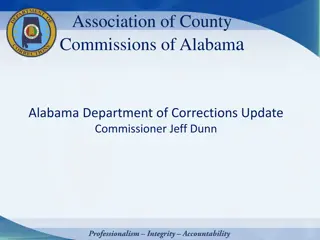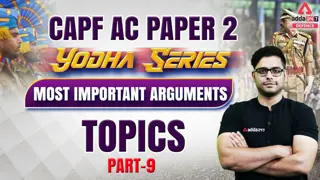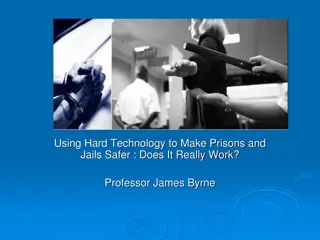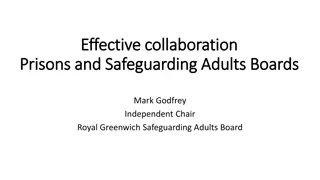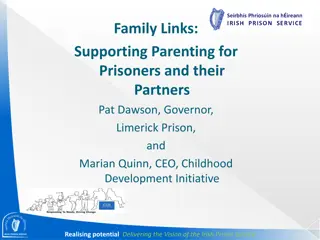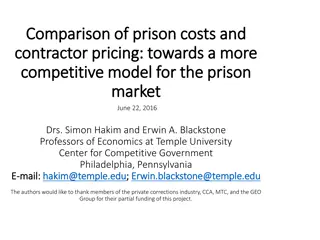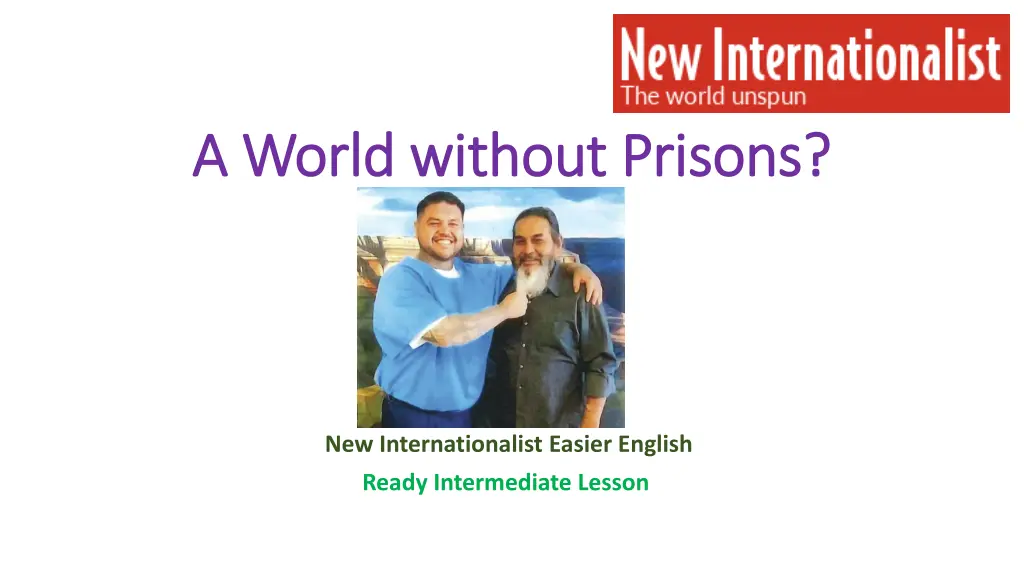
Imagining a World Without Prisons
Explore the thought-provoking concept of a world without prisons through a touching story and thought-provoking questions. Dive into discussions on forgiveness, reasons for crime, rehabilitation, and societal impact.
Download Presentation

Please find below an Image/Link to download the presentation.
The content on the website is provided AS IS for your information and personal use only. It may not be sold, licensed, or shared on other websites without obtaining consent from the author. If you encounter any issues during the download, it is possible that the publisher has removed the file from their server.
You are allowed to download the files provided on this website for personal or commercial use, subject to the condition that they are used lawfully. All files are the property of their respective owners.
The content on the website is provided AS IS for your information and personal use only. It may not be sold, licensed, or shared on other websites without obtaining consent from the author.
E N D
Presentation Transcript
A World without Prisons? A World without Prisons? New Internationalist Easier English Ready Intermediate Lesson
Talk to another student Talk to another student 1) Can you imagine a world without prisons? Why or why not? 2) What are some of the reasons why people commit crimes? 2) Is it possible to forgive a criminal for their crimes?
a) when you cant stop taking a drug Match: Match: 1) cell 2) addiction 3) wound 4) treatment 5) sentence 6) victim 7) heal 8) offend 9) graduation 10) rehabilitation 11) vengeance 12) offender b) do a crime c) make better d) room in a prison for a prisoner e) a physical or psychological hurt f) criminal g) If you attack someone, they are the ____ . h) when you receive your university degree i) medical or psychological help j) the help for a prisoner to be better and ready to leave prison so hopefully they do not return k) revenge, when you make a criminal suffer l) the months or years a prisoner must stay in prison
Who do think they are and what is their relationship?
Jessie with his dad. Jessie wrote, When I was growing up, my dad was in prison. When I got a life prison sentence, he changed his life, and stayed out of prison and supported me.
Predict the answers with a partner and Predict the answers with a partner and then read the text to check: then read the text to check: 1) Jessie s father was in prison from when Jessie was 5 years old. True/false? 2) There was drug abuse in Jessie s family. True/false? 3) Jessie thinks suicide is a problem for young offenders. True/false? 4) He thinks we should look after and involve everyone connected to a crime. True/false? 5) He is against the idea of the prison system. True/false?
Can you imagine a world without prisons? Yes, I can, but it was difficult at first because these prison cells have been a part of my life since the age of five. The police kicked in our door, took my dad to prison, and left me with my mum. She had a heroin addiction. In a world without prisons, my dad would have got help and not a prison cell. And my mum would have got treatment. They would not have left her alone to look after me . In a world without prisons, young people won t feel they have to kill themselves because they won t get a 25-year-to-life prison sentence. In a world without prisons, people will only be put in a safe room until they feel OK. Then treatment would begin immediately. A professional will find out the reason for their crime and make a plan. The plan would include the victim s family and the criminal s family, to help and heal them. They should ask everyone what they want and what they need. We should use all the money we spend now on imprisonment for a new system. It would start a new, healthier society. Parents would be there for their children. Brothers and sisters would be there to help each other. Healed people can heal other people.
Talk about these questions and predict Jessies Talk about these questions and predict Jessie s answers. Then read the text and find out. answers. Then read the text and find out. 1) Imagine you are in prison for a year and a long way from your family. What family things and important dates would you miss during that year? Which does Jessie mention? 2) Imagine you are in prison for five years. What could you do during that time to make yourself a better person? How many things does Jessie mention? 3) Research shows that there is a 5% chance of returning to prison if you study for a first degree. True/False? 4) Research shows that there is less than a 5% chance of returning to prison if you study for a masters degree. True/False? 5) Jessie thinks we shouldn t support prisoners too much. True/False?
Id like you to know, world, that 365 days is a long time. Thats about 30 important family days birthdays, graduations, doctor s visits, holidays all without you. This leaves holes in the lives and hearts of our families while we sit in prison far away. Ten years is a long time and so is five years. It s enough time to study for a university degree and finish five different rehabilitation programs, go to therapy, and become a new person. Studies show a university degree reduces the chances of going back to prison to less than five per cent. A master s degree reduces it to zero. So it would make more sense to sentence someone to education instead of prison. Of course, people will come back to prison if we don t help them to be better. We say things like, That s their fault, they made the choice, what are we going to do hold their hand? Well, yes, what s wrong with that? Sometimes holding someone s hand can save a life. I wish someone had held my hand and said, Come on, let s go this way, Jessie.
Talk about these questions and predict Jessies Talk about these questions and predict Jessie s answers. Then read the text and find out. answers. Then read the text and find out. 1) When Jessie was a child, his cousin was killed. True/False? (a) Why do you think his killer was not charged? (b) What three things did Jessie want his cousin s killer to do? 2) Jessie has ideas about the steps for an offender. Try to put them in the rIght order. a) Try to understand why you offended b) Ask the victim what they would like to be done c) Apologise 3) Why do you think Jessie is against vengeance? 4) How much do you think it costs to keep a prisoner in a prison in California for a year? (a) up to $30,000 (b) up to $50,000 (c) up to $70,000 (d) up to $100,000
My cousin was killed when I was little. He was like my big brother and it destroyed my view of the world. A policeman s son killed him, I heard, and there were no charges against him. My cousin s name was Anthony Northrup. What did we need as a family for us to heal? We didn t need the murderer in prison. We needed him to say he was sorry and to see the hole he made in our life, and to change so he would not kill another person. When you offend someone, the first thing you should do is to say sorry, and then you must try to understand why you did what you did, so that you can make sure you don t do it again. Then you should have a conversation and ask the victim what we can do to help them heal, and not vengeance. We should avoid vengeance for two reasons: first, it is expensive, up to $70,000 a year for one person in the US; and second, vengeance doesn t help anyone heal in fact, it makes things worse. Unhealed wounds get worse, they show all sorts of unhealthy ways like addiction, anger, and depression. Little children grow up angry at the world and, without help, it continues. Imagine what that $70,000 a year for each prisoner could do in other ways. Imagine if we used that money for the 270,000 homeless kids in California.
We continue with the idea that prison is (1) _______ to keep a dangerous person off the street. But I haven t (2) _______ anyone in my18 years in prison. It s not that I can t I just choose not to because it is not who I (3) _______ . But the prison has (4) _______ about $1.2 million to keep me in prison so far. And there are 128,000 other people in California prisons, and in the county prisons, federal institutions, and juvenile detention centres. True (5) _______ prevention is to invest money in our communities and make better futures for us all. During Covid-19, the state thought about prisoner healthcare as something very important, but it always seems strange to me that the state sent us here to (6) _______ and now people are thinking about our health. The biggest problem for my health is my 174-year-to-life prison (7) _______ . Imprisonment has been a pandemic for a (8) _______ time. It s part of a culture of not valuing human life. An officer told me last week, You choose the crime, you choose the punishment! I told him that sounds like a man I know. He used to beat his wife. Then he said, If she doesn t want me to beat her, she (9) _______stay out late .
Read the last part of the text and decide on 5 Read the last part of the text and decide on 5 things that surprised you, interested you, or you things that surprised you, interested you, or you agree with. Then compare with another student. agree with. Then compare with another student.
Id also like society to change how they talk about prisoners as violent offenders, non- violent offenders , or drug offenders . The crime a person committed 20 years ago does not show us who they are today it s what they did and not who they are. So why not call them who they are today for example, to free me, you can say, Let s free the kitchen cook, he is Christian, he got all A grades in college, he is always positive, and he values his family and kindness. We can t base laws on emotion. Some of my family were murdered and nothing will bring them back. Sadly, they say, my nephew killed my uncle on 17 September 2020. I was heartbroken but I don t wish prison on him; it doesn t help or make the pain go away. I wish that he feels sorry, that he changes, and loves himself so he can love others. If we can see ourselves in each other, then we can get beyond the blame and vengeance. If I can see your son as my son, and you can see my son as your son, and if you can see the murderer and victim as human, then we can build a better world. We can build a better world, a more loving world, where we value treatment more than vengeance, where people get help and not death or prison, where we care for the least of us, and no children are homeless tonight in our city, our town, our world.
Homework Homework Read the original article and note some new words you want to remember: https://newint.org/features/2022/02/07/healed-people-prisons

